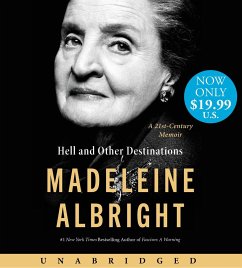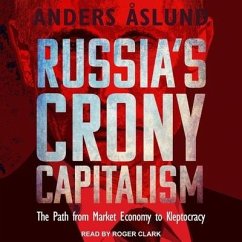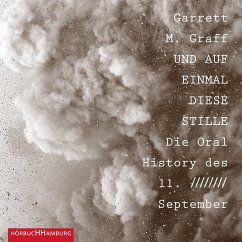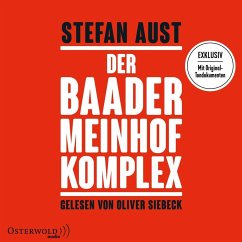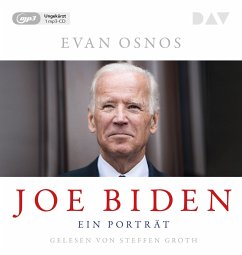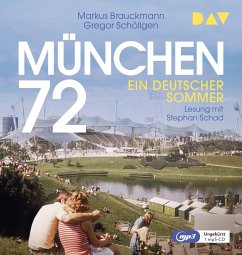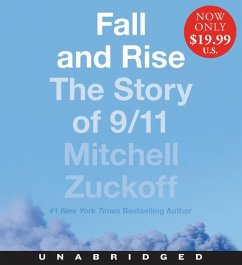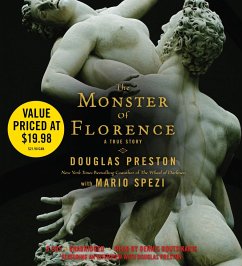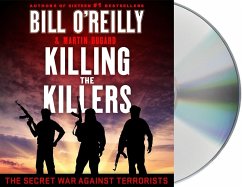-11%20)
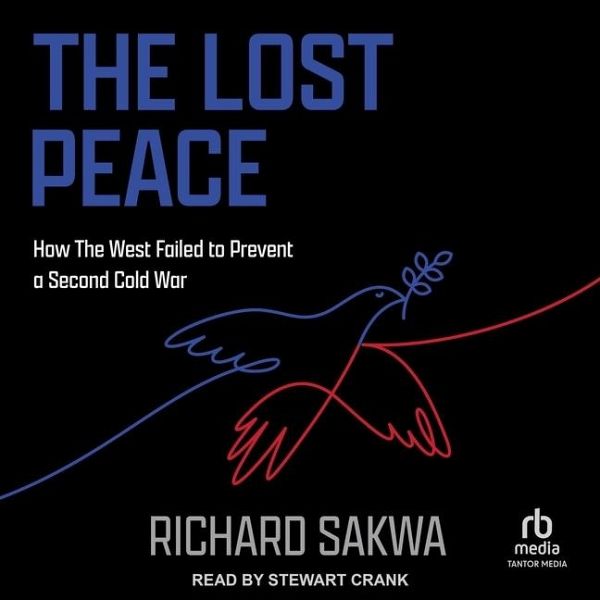
The Lost Peace
How the West Failed to Prevent a Second Cold War
Sprecher: Crank, Stewart
Versandkostenfrei!
Versandfertig in über 4 Wochen
Statt: 43,00 €**
38,45 €
inkl. MwSt.
**Unverbindliche Preisempfehlung des Herstellers
Weitere Ausgaben:

PAYBACK Punkte
19 °P sammeln!
The end of the Cold War was an opportunity--our inability to seize it has led to today's renewed era of great power competition 1989 heralded a unique prospect for an enduring global peace, as harsh ideological divisions and conflicts began to be resolved. Now, three decades on, that peace has been lost. With war in Ukraine and increasing tensions between China, Russia, and the West, great power politics once again dominates the world stage. But could it have been different? Richard Sakwa shows how the years before the first mass invasion of Ukraine represented a hiatus in conflict rather than...
The end of the Cold War was an opportunity--our inability to seize it has led to today's renewed era of great power competition 1989 heralded a unique prospect for an enduring global peace, as harsh ideological divisions and conflicts began to be resolved. Now, three decades on, that peace has been lost. With war in Ukraine and increasing tensions between China, Russia, and the West, great power politics once again dominates the world stage. But could it have been different? Richard Sakwa shows how the years before the first mass invasion of Ukraine represented a hiatus in conflict rather than a lasting accord--and how, since then, we have been in a 'Second Cold War'. Tracing the mistakes on both sides that led to the current crisis, Sakwa considers the resurgence of China and Russia and the disruptions and ambitions of the liberal order that opened up catastrophic new lines of conflict. This is a vital, strongly-argued account of how the world lost its chance at peace, and instead saw the return of war in Europe, global rivalries, and nuclear brinkmanship.



